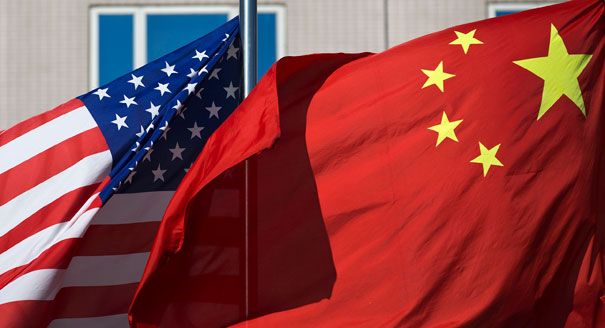The Uyghur Forced Labor Prevention Act passed the Senate without a single “no” vote on Wednesday. It sets the table for a full blockade of all goods sourced from Xinjiang, be it the already banned cotton-derived goods, or wind turbines from Xinjiang Goldwind Science and Technology Company currently spinning in the wind across the United States.
The House has a similar bill. An earlier version passed nearly unanimously in 2020.
But the House will have to take action on the Senate bill this Congress at some point for this most recent bill to get put on President Joe Biden’s desk. We believe some version of the bill will be signed and thus put the onus on companies from Xinjiang to prove they are not beneficiaries of forced labor practices.
Xinjiang is the infamous home to Uyghur Muslim detention facilities, something China refers to as re-education camps as part of its domestic war on terrorism. The State Department says Beijing is committing genocide against religious minorities in Xinjiang.
The Senate bill’s main sponsors, Marco Rubio (R-FL) and Jeff Merkley (D-OR) said in a joint statement that the House needed to take fast action on the matter.
Business Lobby Got Some Changes
Both Senators re-introduced the bill in January, with 27 additional co-sponsors. The updated bill included some language that addressed concerns from business groups, including a doubling of the grace period for companies to conduct due diligence on their China supply chains. They now would have 300 days to do so, up from 120 in the previous draft.
The bill also requires the Biden administration to issue clear guidance on what type of evidence is needed to prove goods were not made from forced labor.
Xinjiang companies started getting banned by Customs and Border Protection (CBP) in 2019-20. First, it was products like hair extensions and certain computer components. Then it moved up to state-controlled cotton-producing companies. The recent one is polysilicon producer Hoshine Silicon Industry, an important part of China’s massive solar panel supply chain.
CPA has been advocating for a broader ban on goods from Xinjiang since late last year when a barrage of Withhold Release Orders by the CBP was being issued against Xinjiang companies. The lack of transparency and trust in China’s government made it impossible to know for sure if companies were benefiting from free prison labor. It had to be guilty until proven innocent in this case.
Late Thursday, Biden also warned U.S. companies in Hong Kong about a recent State Department advisory warning companies about sourcing from Xinjiang.
A second business advisory could be issued for Hong Kong. Biden told reporters that, “The situation in Hong Kong is deteriorating, and the Chinese government is not keeping its commitment that it made, how it would deal with Hong Kong,” Biden said. “And so it is more of an advisory as to what may happen on Hong Kong, it’s as simple as that and as complicated as that.”
See the State Department’s latest Xinjiang Supply Chain Business Advisory.
The next step is for Congress and the Biden Administration to take note of the Chinese companies on the Department of Defense’s Chinese Military Companies List, Commerce Department’s Entity List, and companies subject to WROs, who are still receiving portfolio investment from Wall Street. For example, as of April 30, Vanguard owned Hoshine Silicon in three of the mutual funds it sells to retail investors. While Vanguard may very well be in the process of shedding those shares, it is long past due that the one way street of American capital flowing into China be reconsidered, especially in companies subject to import or export restrictions by Commerce and Homeland Security, and those building up our greatest adversary’s military.
The Securities and Exchange Commission has also been woefully slow in going after Chinese firms that do not comply with third-party financial audits. The SEC “hasn’t yet publicly proposed” a rulemaking “and therefore the three-year clock for delistings hasn’t started”, Paul Leder, a former director of the SEC’s Office of International Affairs, told the Financial Times.
During a Senate Finance subcommittee hearing on Wednesday, Senator Ron Wyden (D-OR) said that the China issue was “a hugely important subject. It is bipartisan.”













